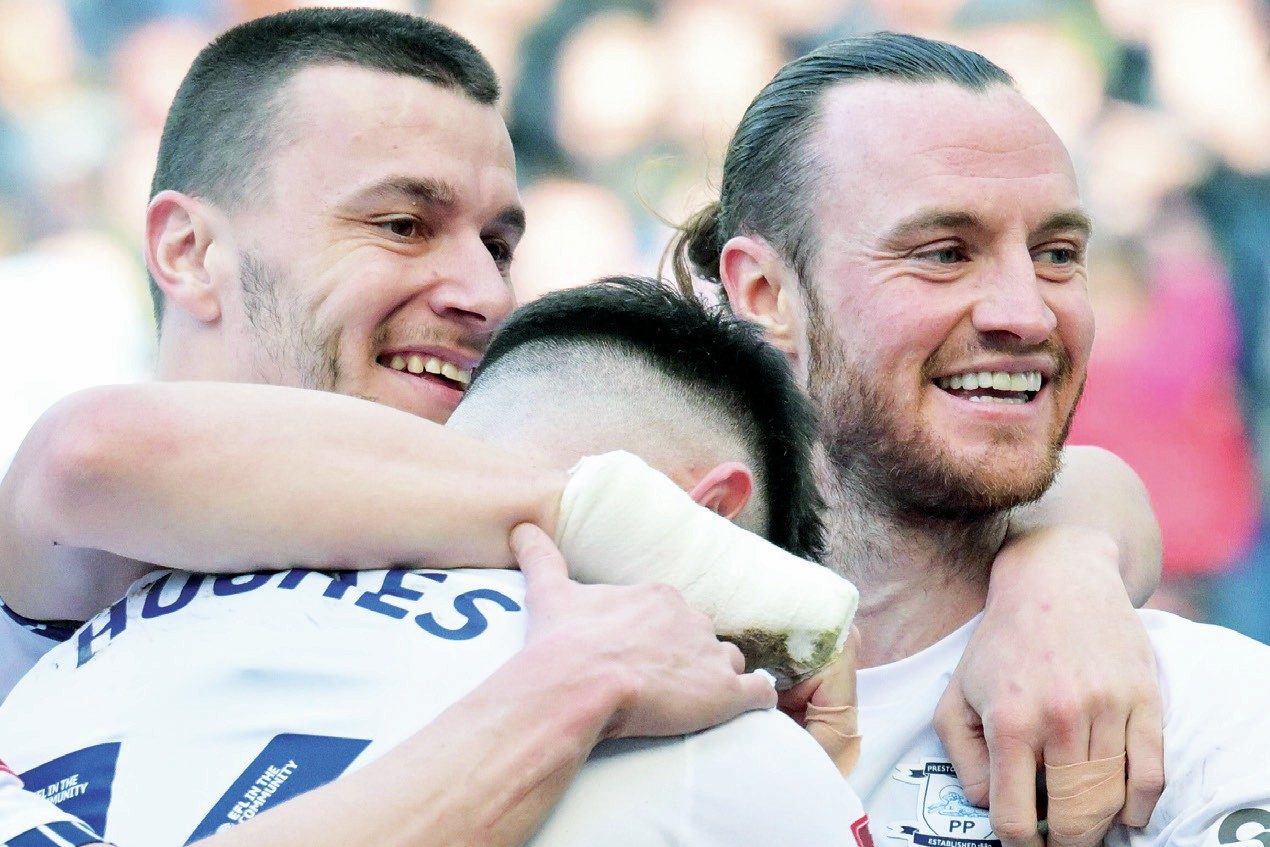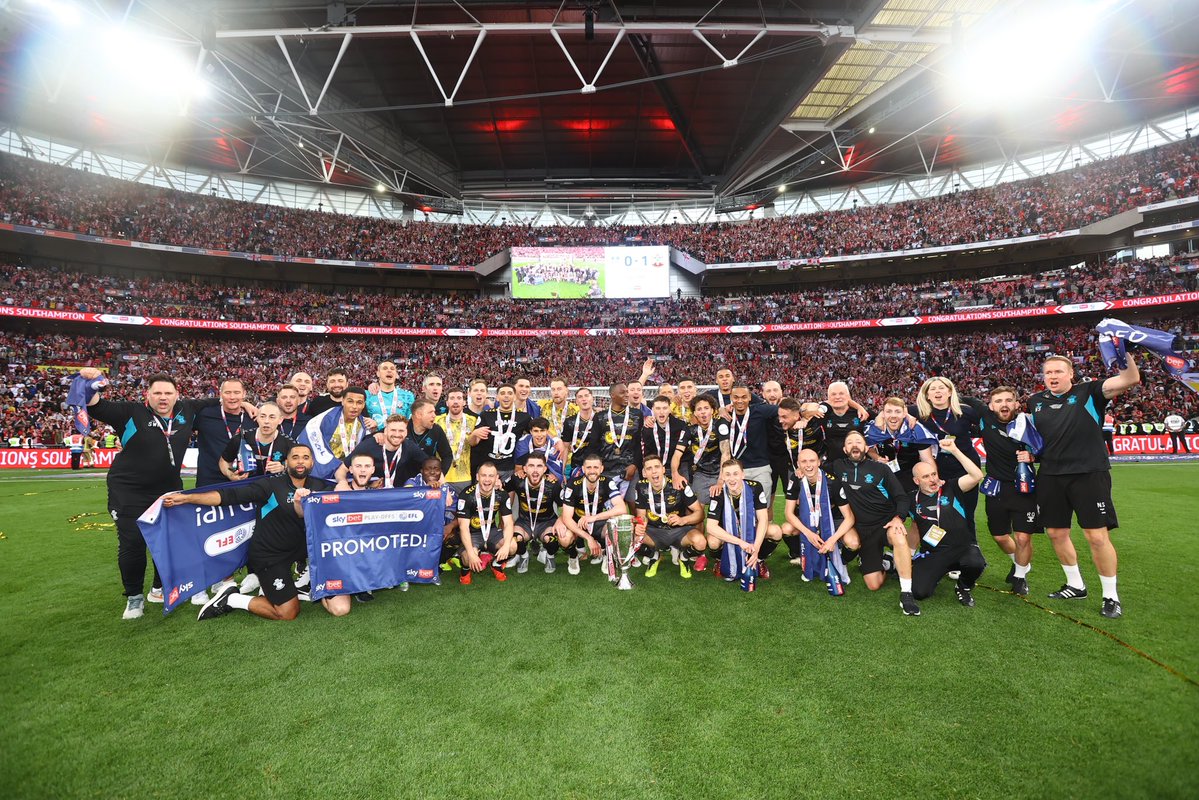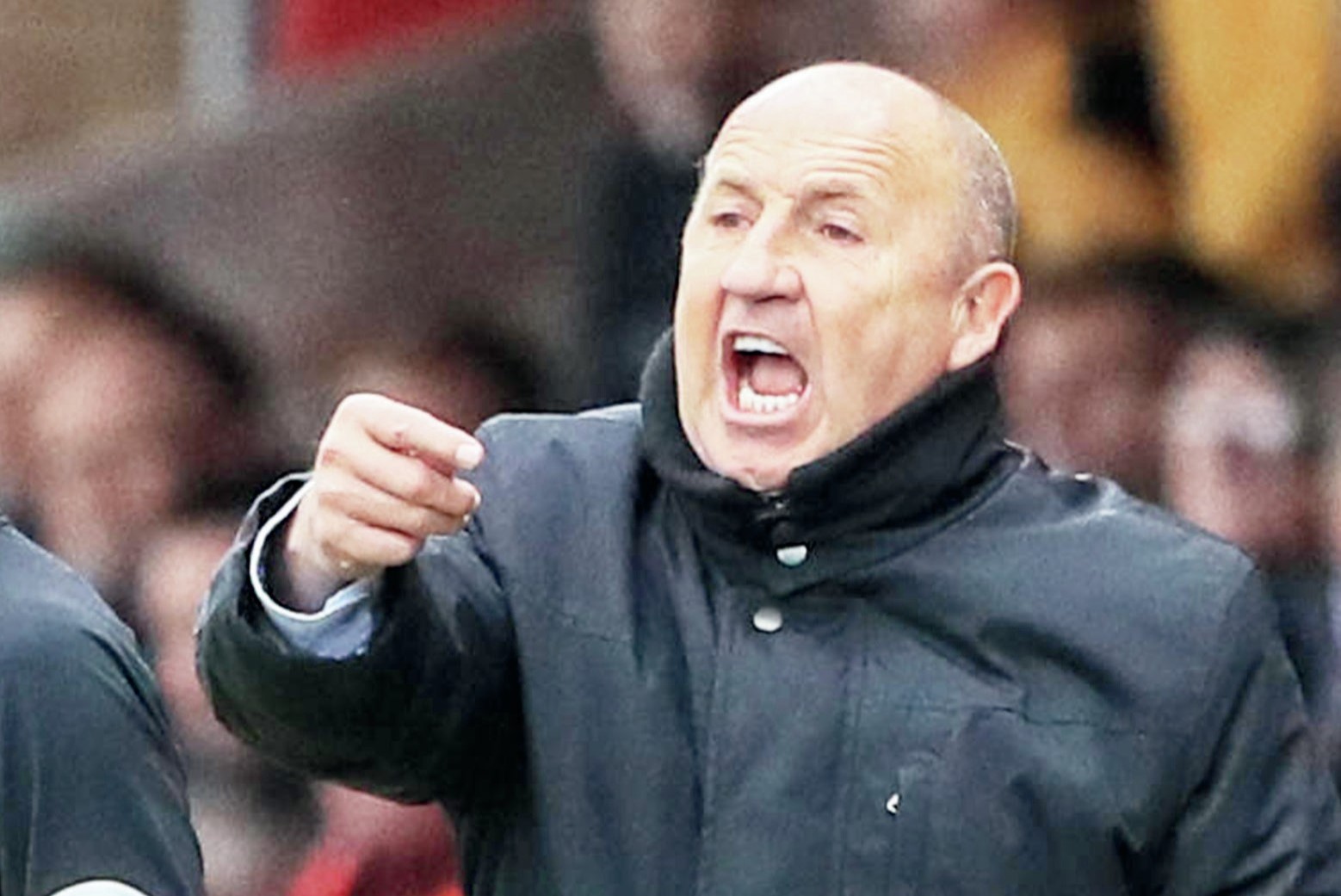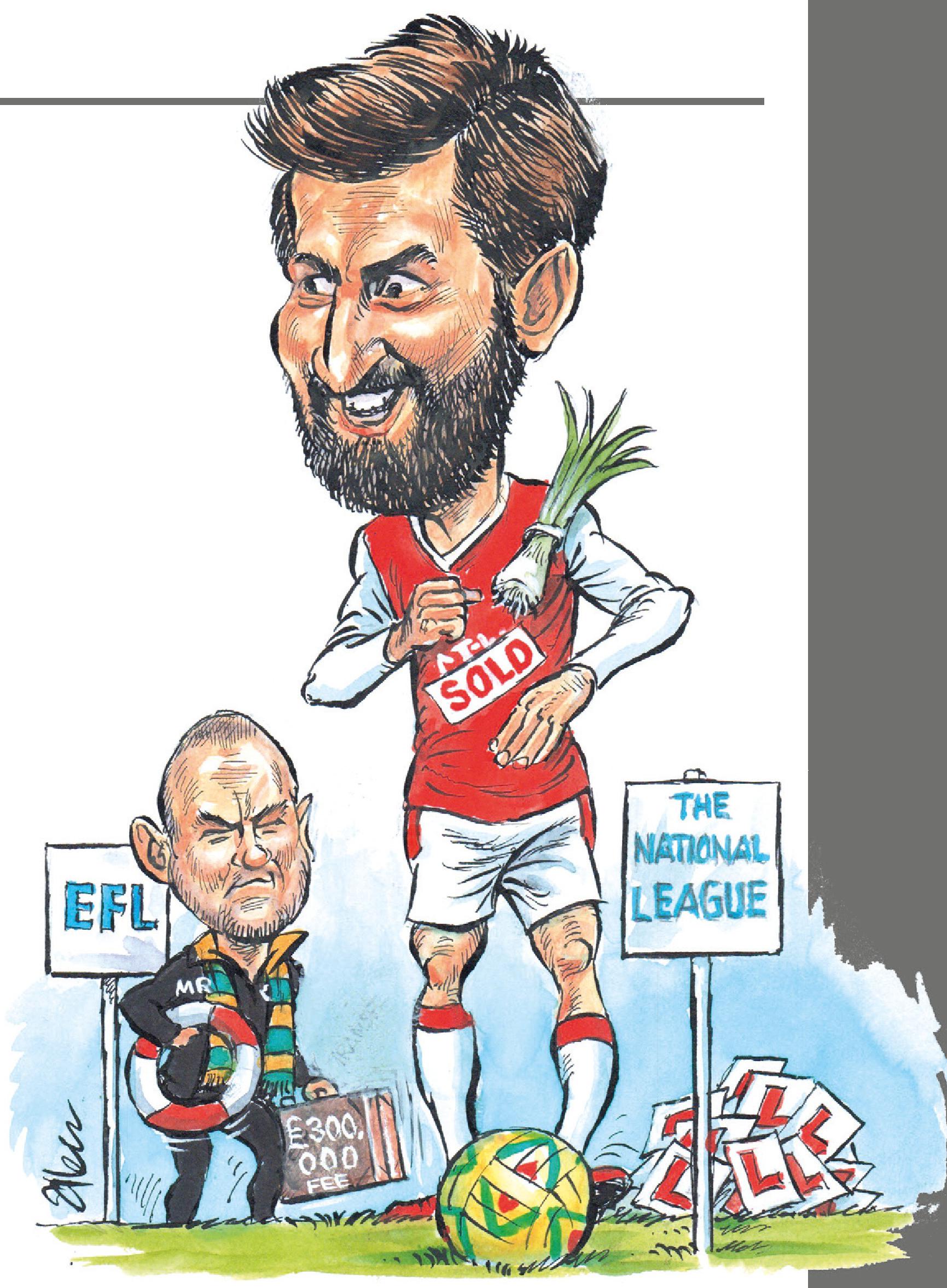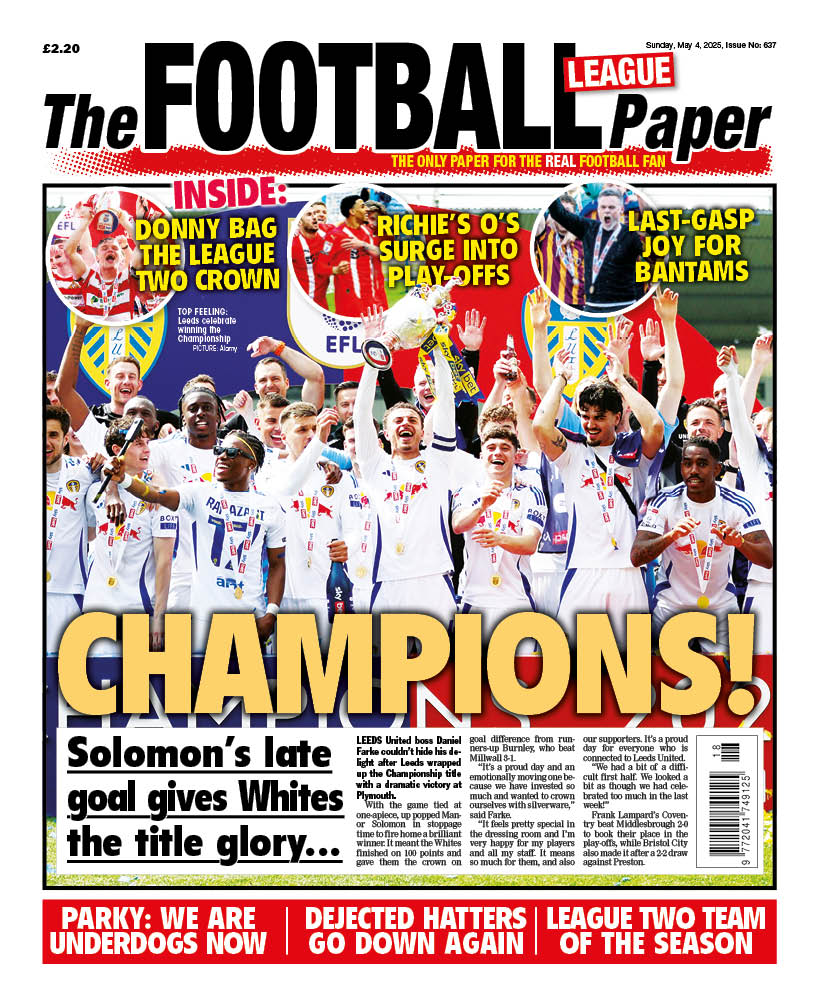
ALAN Stubbs is dreaming big. Which is just as well, given he’s managing one of the Championship’s smallest clubs.
Once again, Rotherham are the bookies’ bet for the drop. But for a remarkable resurrection at the hands of Neil Warnock last season, they would already be in League One.
Cash is scarce. Stellar signings unlikely. Yet Stubbs, the man who overcame cancer to forge a fine top-flight career at Everton, has little time for prophecies of doom.
“Look at Bournemouth,” says the 44-year-old, who has spent the past two years in charge at Hibernian. “Ten years ago, would anyone ever have said they’d be in the Premier League?
“Would anyone ever have said Leicester would win the Premier League? Why should staying up be the limit of our ambition? The big clubs have no divine right to success.”
Some would argue the Millers have no chance of it either, yet Stubbs at least knows what it takes to scramble from the pits to the pinnacle.
As a young centre-half at Bolton Wanderers, he was part of the side that rose from what is now League One to the Premiership under strict disciplinarian Bruce Rioch.
“It was a wonderful club, a homely place where you got to know everyone,” recalls the big Scouser. “Very similar to Rotherham now, in fact.
“And the manager, Bruce Rioch, was very significant in my early days. He was a hard man, but a lot tougher on other players than he was on me.
“Rightly or wrongly, he saw me as one of the up-and-comers, so he was maybe a little bit more caring and tolerant. He’d put his arm around my shoulder, let me get away with stepping out of line.
“But the older ones – guys like John McGinley and Andy Walker – got no slack. If you did something wrong, he was pretty ruthless.”
In his autobiography, Ray Parlour famously described Rioch’s brief Arsenal regime as ‘short hair, don’t be late, wear a tie, be polite and get married’. So is Stubbs the manager cast in the Rioch mould? Were the Hibs players ruled by fear?
“I’m not a manager who… Stubbs hesitates. “I can make tough decisions and I can put noses out of joint. I don’t have a problem with that.
“But nowadays you can’t do what Bruce did. You have to manage people. It’s very different. The things that happened to me as a player coming through the ranks – the threats and the insults and everything else – well, I’m afraid that is a thing of the past.
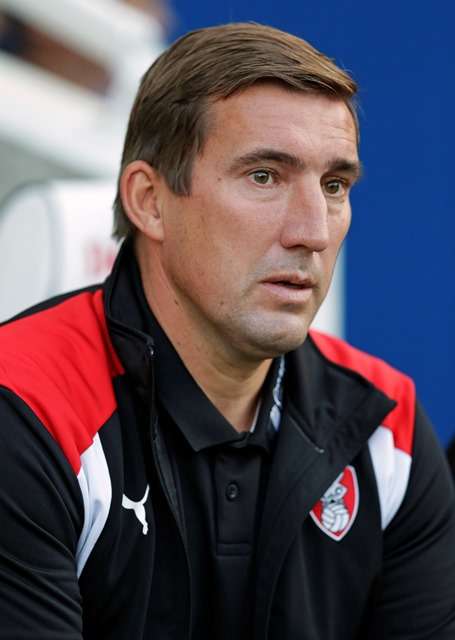
Reasons to be cheerful: The Millers boss plans to not be embroiled in a relegation scrap this season (photo by Action Images)
“Is that a good thing? There are two sides to it really. The way some of the players were spoken to then, it was accepted as the norm.
“But, looking back now, it was sometimes too close to the bone. It could have broken people, and I think it did in some cases. Good lads were lost.
“In that sense, the game has moved on and rightly so.
“But there are still one or two elements from those days that would benefit young players.
“Doing some of that work – cleaning boots, painting stands – gave me a grounding, a bedrock of respect. Now, we wrap them up in too much cottonwool. But what can you do? You move with the times or you get left behind.”
The managerial influences didn’t end with Rioch. In 1996, Stubbs joined Celtic for a club-record £4m and won two titles, the second of those under Martin O’Neill in 2000-01.
Stubbs, though, spent much of that season battling testicular cancer and subsequently joined boyhood heroes Everton to be closer to his family.
“Leaving was a huge decision because Celtic are a fantastic football club who did so much for me throughout the illness,” he said. “I’ve said before that I wouldn’t have left for any other club besides Everton. Martin really came into his own during that time.
“Throughout my treatment he was always reassuring me, telling me how much he wanted me back in the team.
“And, when Everton came in, he was fantastic about the whole situation.
“He said ‘Right, if you go down there and it isn’t what you want, this contract will still be here. All you have to do is sign it’. I don’t think too many managers would have done that.”
Then, of course, there was David Moyes. Stubbs made 192 appearances for the Toffees, skippering a side that became renowned for its stubborn durability.
“David was a very good tactical coach,” adds Stubbs. “Defensively, he knew exactly how to organise a back four and midfield. His teams are always very, very hard to break down.
“It was the other side, going forward, where he struggled and David would openly admit that he wanted to be more offensive at times. It was just about trusting himself to do it.
“When you’re very good at one thing – which he was – it’s hard to change. It’s about getting the balance right, but for a lot of years at Everton he did that. You don’t get a job at Manchester United if you haven’t done things right.”
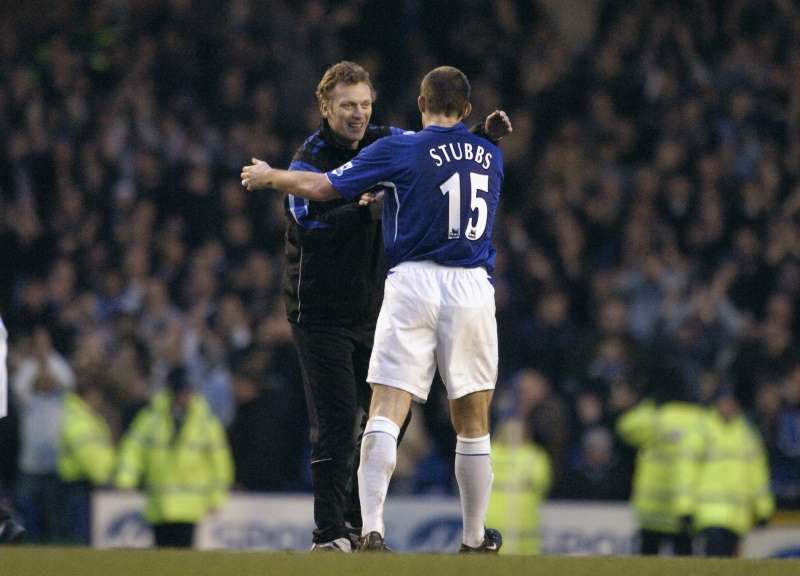
Super Scot: Stubbs garnered tactical know-how in defence from old boss David Moyes (photo by Action Images)
Stubbs, then, is a blend of these attributes.
Team bonding may no longer be a heavy night in the clubhouse, but he wants to forge the kind of team spirit that propelled Bolton through the divisions. “You need a unity and a bond,” he says. “I’d like us to go out and have days where we do things together, whether that’s go-karting, paintballing or whatever.
“And I want times where people bring wives and kids. It’s about everybody getting along, not just the players.”
Likewise, Rotherham fans can expect a forensic focus on the back four. It is no coincidence that Everton’s competence in defence evaporated when Stubbs abandoned his post as defensive coach to head north in 2014, nor that Hibs conceded the joint fewest goals in the Scottish Championship last season.
“As a club, we’ve traditionally been earmarked to go down,” he says. “When you’ve just been promoted, that’s fair enough.
“But Rotherham have been here two years now. The players know exactly what the demands of the Championship are. We’re looking to move up, not just survive.”
*This article originally featured in The FLP in 14 August 2016.



